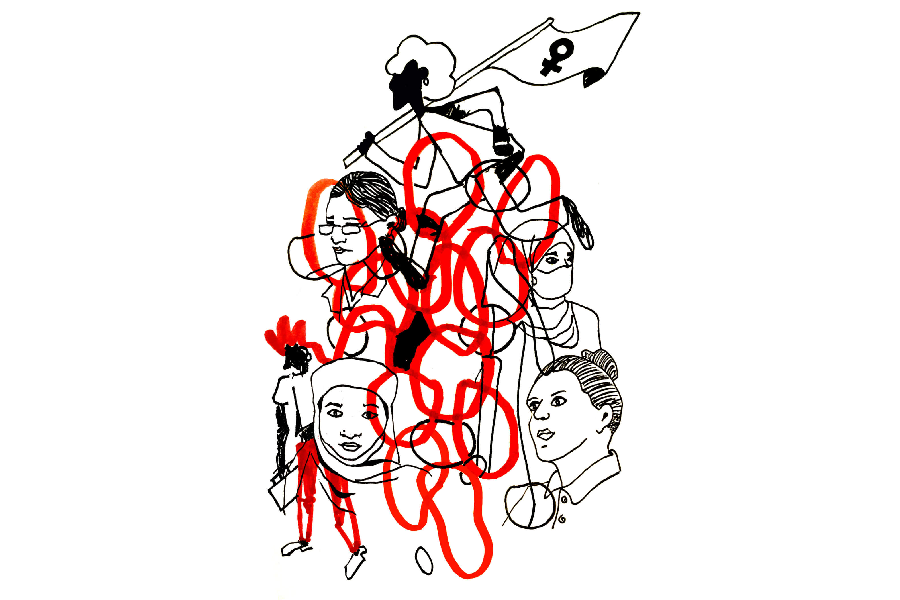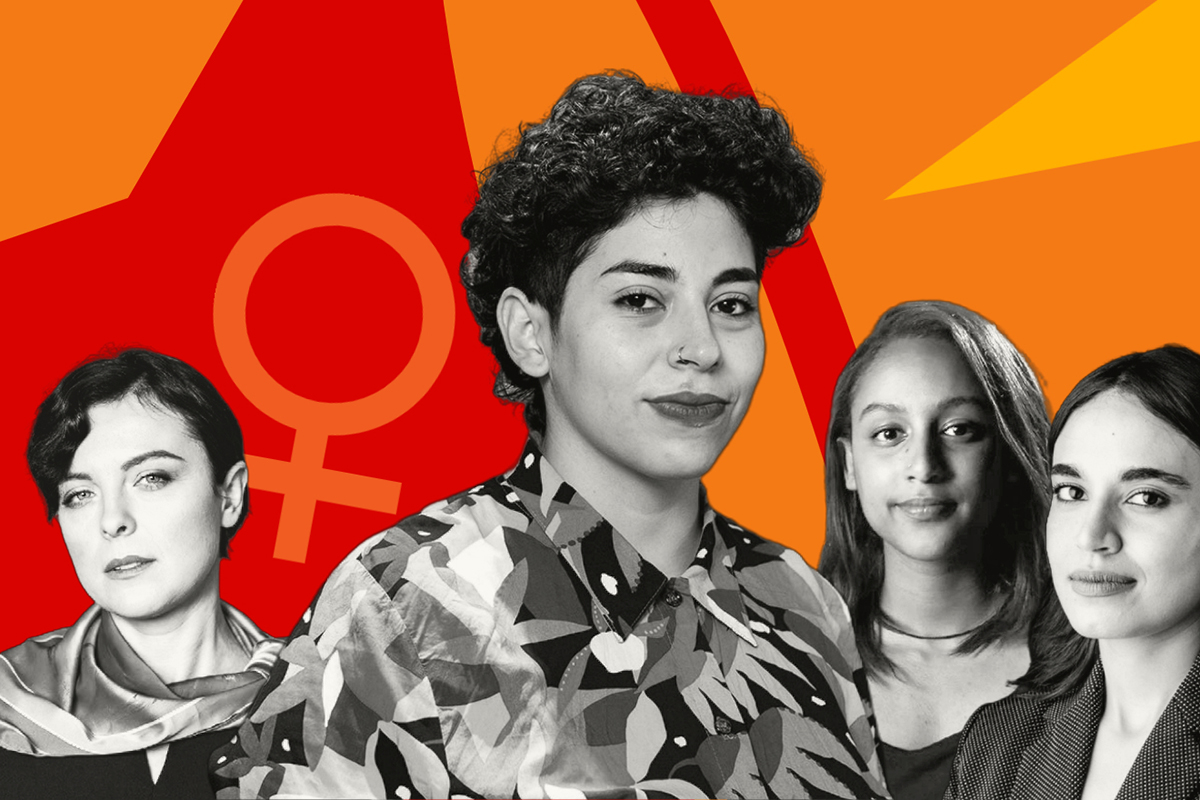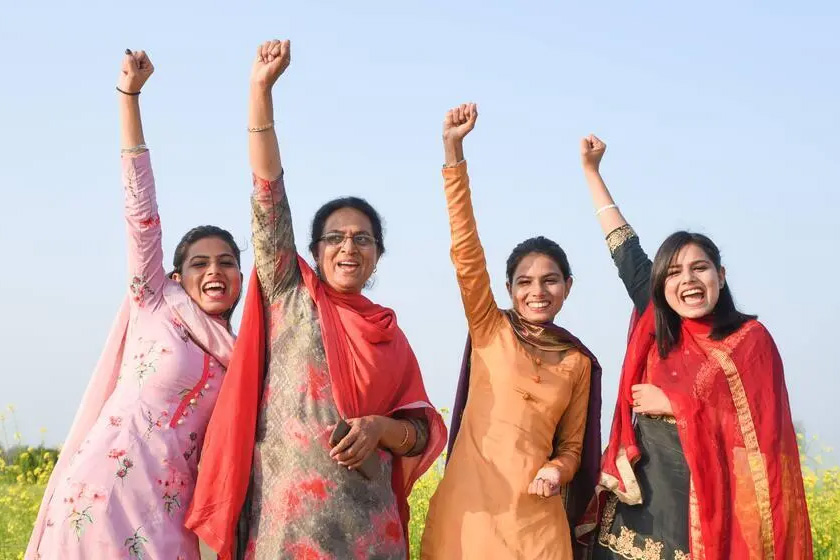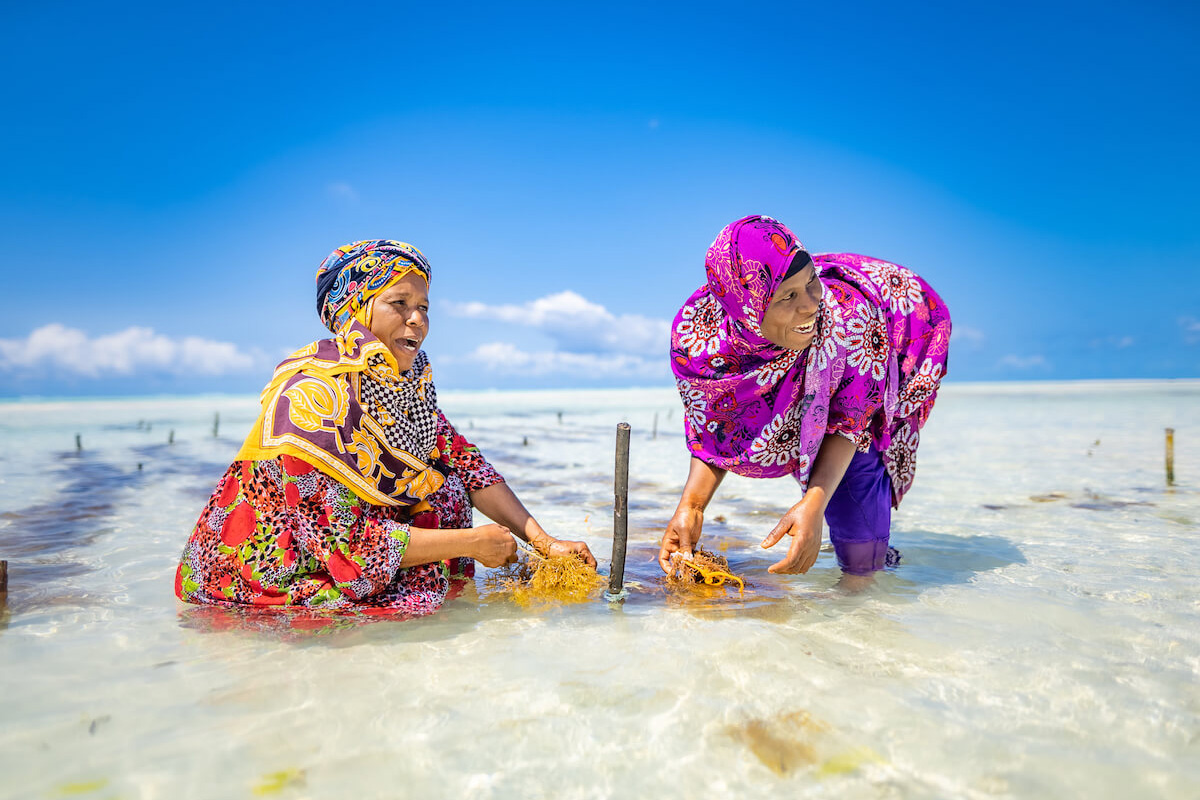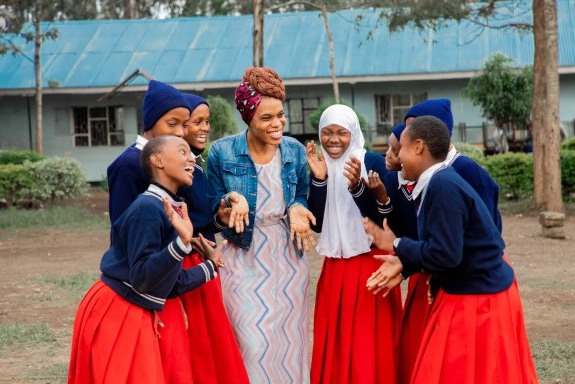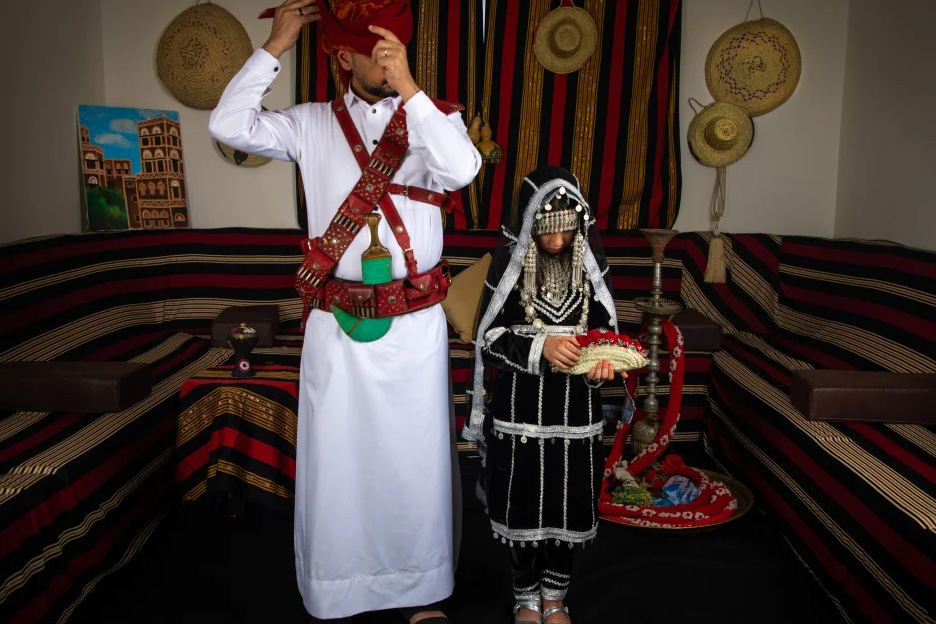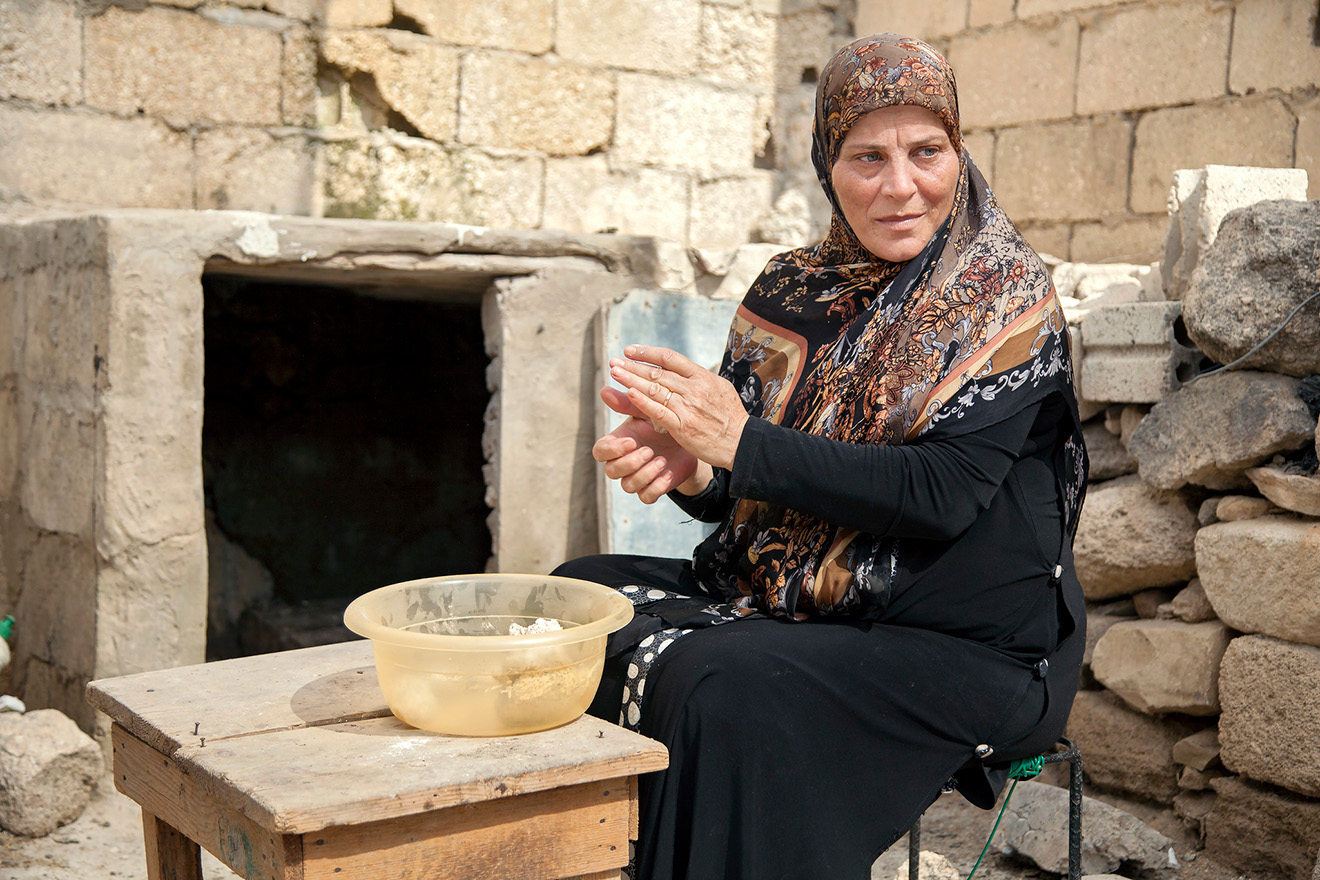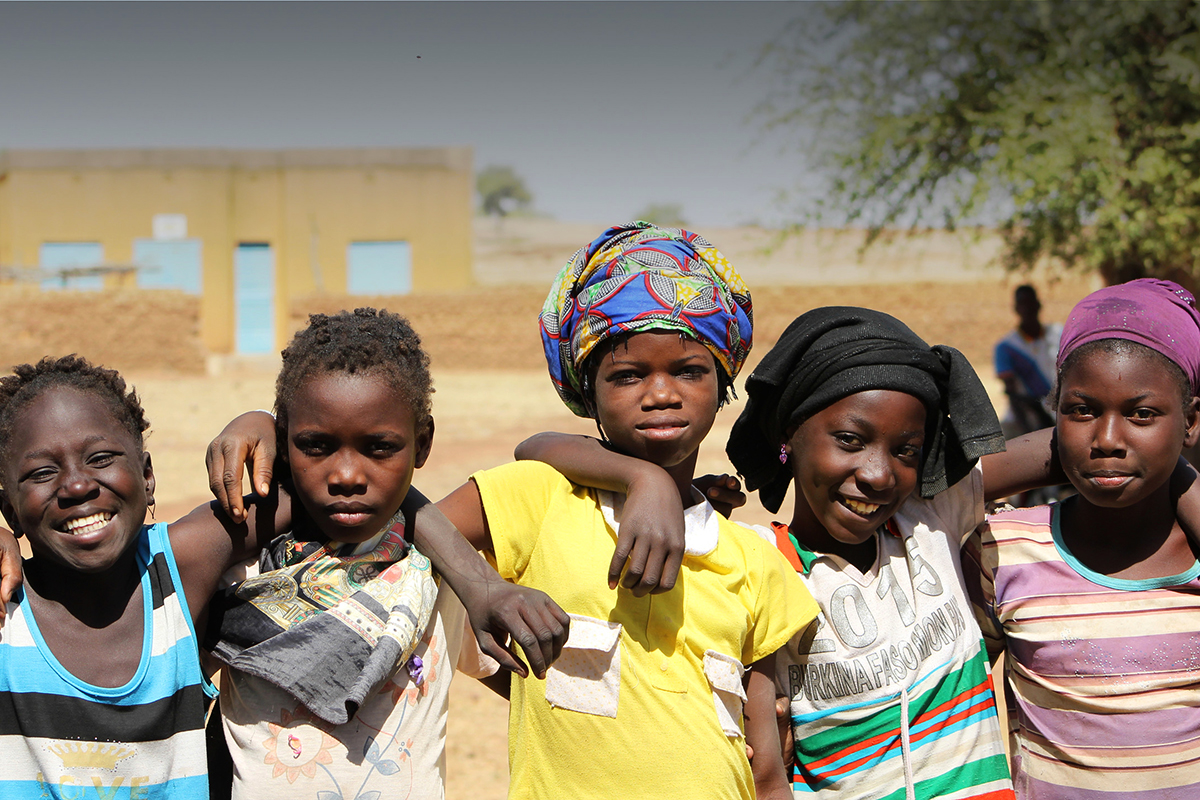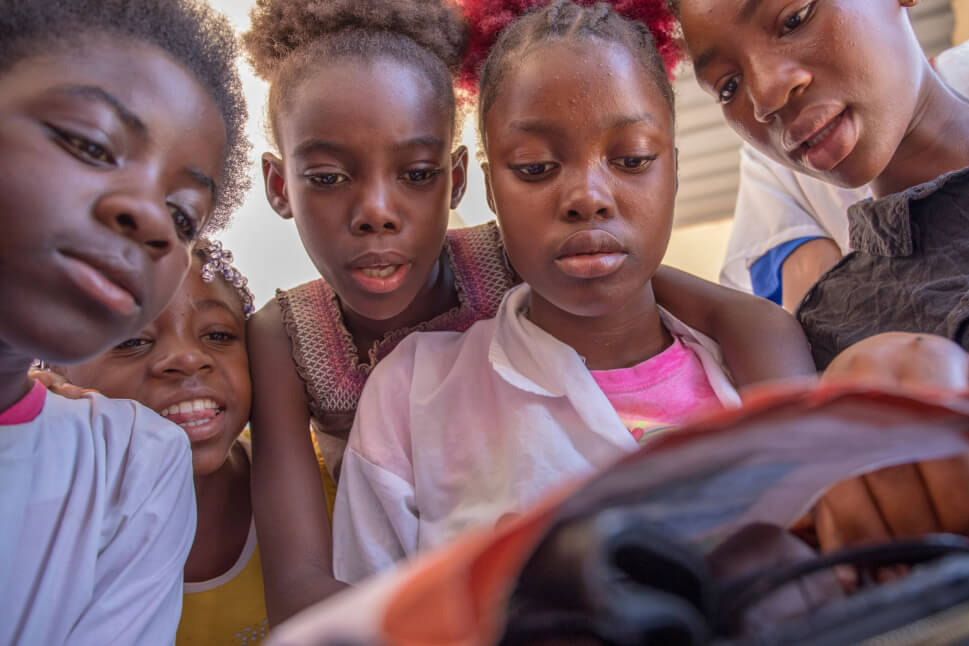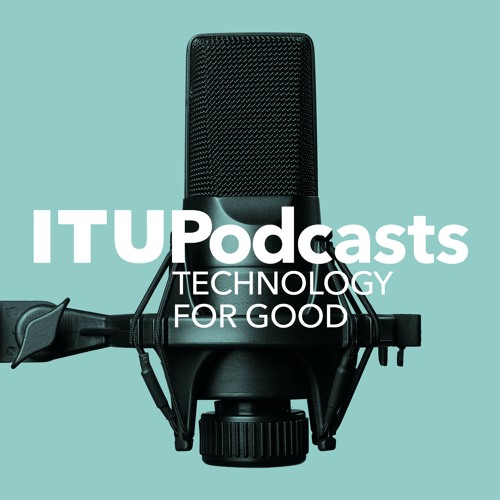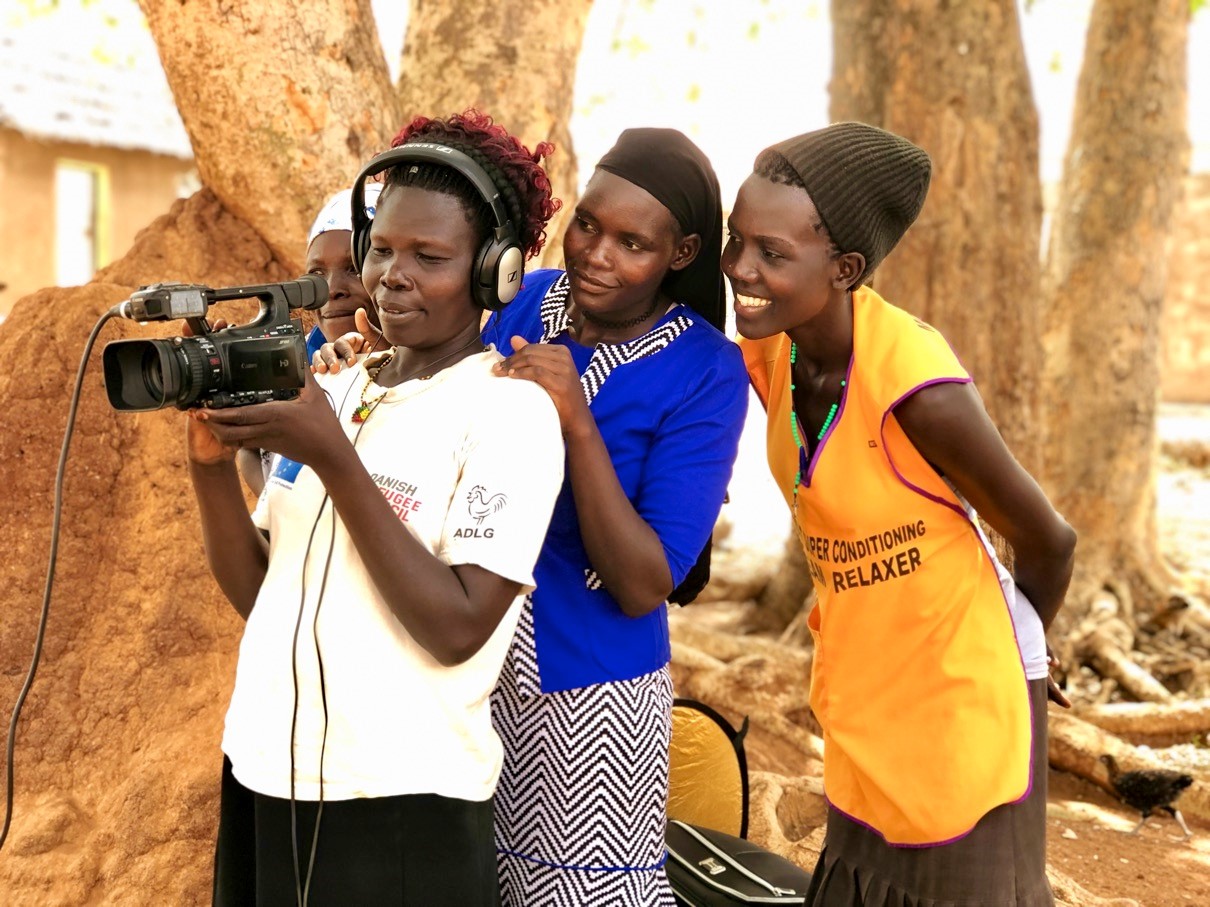At a roundtable discussion on Women, Peace and Security in Peacekeeping, Secretary-General António Guterres made a rallying call to partners to summon the political will and recommit to women as key agents of peace. In the presence of four women leaders from Mali, Central African Republic, Darfur and Cyprus, the Secretary-General heard about the progress and remaining challenges in a number of key areas including women’s participation in peace processes and conflict resolution, the impact of the COVID-19 pandemic on women and ensuring women’s voices as voters and candidates in elections.
Women and Gender Equality
In conflicts and crises, women and girls are almost always hit hardest. During the COVID-19 pandemic, women were nearly twice as likely as men to lose their jobs, and there’s been an increase in their experiences of violence. The climate emergency is another example of how women and girls face greater hardship in times of crisis. Yet, around the world women are at the front of climate action. Meet 16 of the millions of changemakers, partners and advocates who tirelessly fight to make a difference from the frontlines of crises.
Violence against women and girls remains the most pervasive human rights violation in the world, affecting more than 1 in 3 women—a figure that has remained largely unchanged over the last decade. The International Day for the Elimination of Violence against Women (Nov 25) launches UNITE! Activism to End Violence against Women & Girls, a 16-day campaign that encourages us all to show solidarity with feminist movements and advocates around the world. Whether you’re a seasoned activist or just getting started, here are ten ways you can act now to end violence against women and girls.
In the midst of interlinked crises around the world threatening progress on women’s rights and pushing women out of the paid economy, UN Women Goodwill Ambassador Anne Hathaway called on leaders of the global business community to put women at the heart of economic growth and recovery. UN Women has observed that care that is appreciated and properly valued in all its forms is a critical missing link in unlocking the full potential of women in the economy and in society. Watch the video to find out more.
Many women lack control over their reproductive lives. UNFPA reports that in 64 countries, about 8 per cent of women cannot choose contraception and nearly a quarter lack the power to deny sex.
As 71 million people in the developing world fall into poverty in just three months as a direct consequence of global food and energy price surges, UN Women tackles barriers facing rural women.
The Peace Agreement in Colombia, signed in 2016 between the government and the guerilla FARC-EP, put an end to the longest war in Latin America. A short documentary offers an intimate look at the personal story and daily life of Marinelly Hernández, a former guerrilla fighter, including her challenges and achievements as peacebuilder, woman, mother, and leader of her community. UN Women supports the reintegration of former FARC-EP female guerrilla fighters with actions that promote their citizenship, political leadership, and economic empowerment to reinforce their role as peacebuilders.
On the International Day of the Girl, a project promoting girls’ education in low-income communities in Cambodia, and a Tanzanian mentoring initiative helping girls at risk of dropout through crucial school transitions have both been awarded this year’s UNESCO Prize for Girls’ and Women's Education. The two laureates, selected by the international jury of the UNESCO Prize are “Room to Read Cambodia’s Girls’ Education Programme” and the “Girls' Livelihood and Mentorship Initiative” (GLAMI) from Tanzania. Each laureate will receive an endowment of US$ 50,000 to advance its work.
UNFPA partner Yemeni Women Union (YWU) acted on a rumour about an 8-year-old girl getting married, by getting a district lawyer to appoint a legal consultant to investigate Iman’s case. Many girls aren’t rescued the way Iman was. More than 650 million women and girls around the world today were married or in informal unions before age 18. Child marriage is a human rights violation driven by poverty and gender inequality, among other factors. Girls entering child marriages or early unions tend to drop out of school. Without an education, economic independence is near impossible.
Global food and energy markets are feeling the strain of the war. According to the latest UN Women report, the current disruption to the food and energy markets has only intensified gender disparities, causing rates of food insecurity, malnutrition, and energy poverty. The ensuing cost-of-living crisis has acutely threatened women’s livelihoods, health, and well-being. Empowering rural women means fighting poverty. This International Day of Rural Women (15 Oct) let’s claim rural areas with equal opportunities for all.
In 2022, we commemorate the 10th anniversary of the International Day of the Girl Child. Today more than 1.1 billion girls are poised to take on the future. Every day, girls are breaking boundaries and barriers, tackling issues like child marriage, education inequality, violence, climate justice, and inequitable access to healthcare. Girls are proving they are unstoppable. On this day, it is time for us all to stand accountable – with and for girls – and to invest in a future that believes in their agency, leadership and potential.
In theory, cities offer egalitarian opportunities. They are open to anyone who wants to take their best shot at a fulfilling, diverse, economically rewarding, and cultural life. In reality, most cities are built by men, for men, with little or no thought for women’s and girls’ needs, aspirations or safety. The ‘penalties’ women pay for living in cities include violence, poverty, unequal amounts of unpaid care work, limited job opportunities, and lack of power in public and private decision making. UNDP shows us what women see when they look at cities.
For the next 5 episodes of Technology for Good, ITU is focusing on technological challenges and opportunities through the eyes of some incredible and inspirational women in tech, in the run up to and during the ITU Plenipotentiary Conference, or PP-22. This major event will gather policymakers from ITU’s 193 member states to take decisions that will shape the future of technology, making it greener, more gender and youth inclusive and more accessible to everyone on our planet.
1 year ago, the Taliban took control of Afghanistan. Every day since, life has become harder for Afghan women and girls as their rights and freedoms have been rolled back and their voices have been silenced. UN Women has been in Afghanistan for the last 10 years & continues to stay and deliver for Afghan women & girls in the midst of the world's gravest women’s rights crisis.
Though women and children make up 81 per cent of the nearly 1.53 million refugees in Uganda, refugee settlement leadership has historically lacked women’s representation. Cultural barriers, coupled with limited knowledge on rights and access to education, kept women from participating in decision-making processes. In 2018, UN Women began providing trainings for the women and youth of Adjumani and Yumbe districts, which host 30.1 per cent of Uganda’s total refugee population. The trainings included instruction in literacy, numeracy, women’s rights, leadership and life skills development, public speaking, debating and radio presentation. The results are striking.

